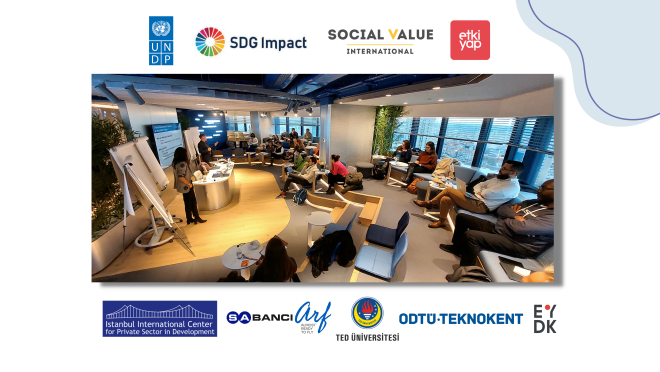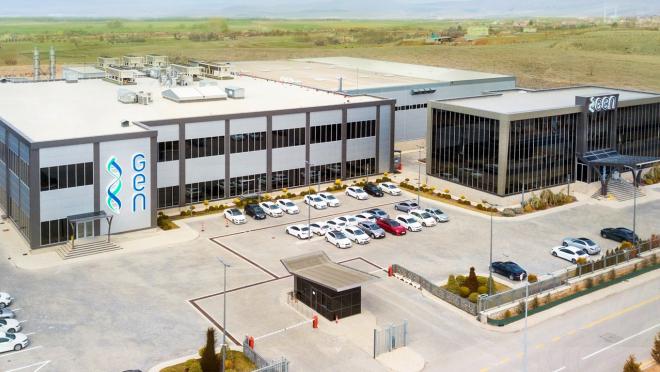Türkiye’s economic and social development performance since the early 2000s has been impressive, leading to increased employment and incomes and making Türkiye an upper-middle-income country. However, in the past few years, growing economic vulnerabilities and a more challenging external environment have threatened to undermine those achievements. For most of the period since 2000, Türkiye has maintained a long-term focus on implementing ambitious reforms in many areas, and government programs have targeted vulnerable groups and disadvantaged regions. Poverty incidence more than halved over 2002–15, and extreme poverty fell even faster. During this time, Türkiye rapidly urbanized, maintained strong macroeconomic and fiscal policy frameworks, opened to foreign trade and finance, harmonized many laws and regulations with European Union (EU) standards, and greatly expanded access to public services. It also recovered well from the global financial crisis of 2008/09.
The overall macroeconomic picture is more vulnerable and uncertain, given rising inflation and unemployment, contracting investment, elevated corporate and financial sector vulnerabilities, and patchy implementation of corrective policy actions and reforms. There are also significant external headwinds due to ongoing geopolitical tensions in the subregion.
COVID has deepened gender gaps and increased youth unemployment and the poverty rate. The risk of inequalities has also been increasing. The COVID-19 crisis is expected to have severely negative consequences for Türkiye, further weakening economic and social gains.
Source: World Bank, Türkiye Country Overview
Access the Türkiye SDG Investor Map narrative report here.
27
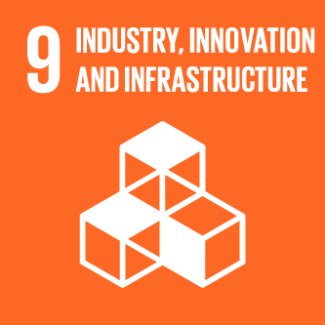
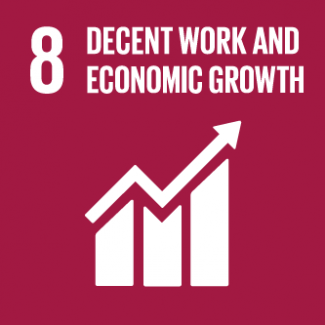
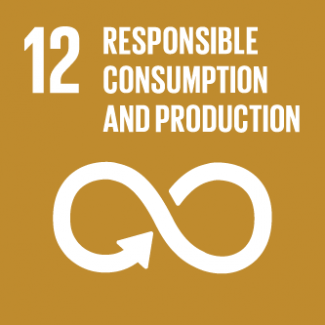
Technology and Communications, Transportation, Infrastructure
0.820
How is this information gathered?
SDG Investor Maps employ an 8-step methodology, combining data research and stakeholder consultations to identify Investment Opportunity Areas (IOAs) and potential business models with significant financial and impact potential.
Disclaimer
UNDP, the Private Finance for the SDGs, and their affiliates (collectively “UNDP”) do not seek or solicit investment for programmes, projects, or opportunities described on this site (collectively “Programmes”) or any other Programmes, and nothing on this page should constitute a solicitation for investment. The actors listed on this site are not partners of UNDP, and their inclusion should not be construed as an endorsement or recommendation by UNDP for any relationship or investment.
The descriptions on this page are provided for informational purposes only. Only companies and enterprises that appear under the case study tab have been validated and vetted through UNDP programmes such as the Growth Stage Impact Ventures (GSIV), Business Call to Action (BCtA), or through other UN agencies. Even then, under no circumstances should their appearance on this website be construed as an endorsement for any relationship or investment. UNDP assumes no liability for investment losses directly or indirectly resulting from recommendations made, implied, or inferred by its research. Likewise, UNDP assumes no claim to investment gains directly or indirectly resulting from trading profits, investment management, or advisory fees obtained by following investment recommendations made, implied, or inferred by its research.
Investment involves risk, and all investments should be made with the supervision of a professional investment manager or advisor. The materials on the website are not an offer to sell or a solicitation of an offer to buy any investment, security, or commodity, nor shall any security be offered or sold to any person, in any jurisdiction in which such offer would be unlawful under the securities laws of such jurisdiction.




















